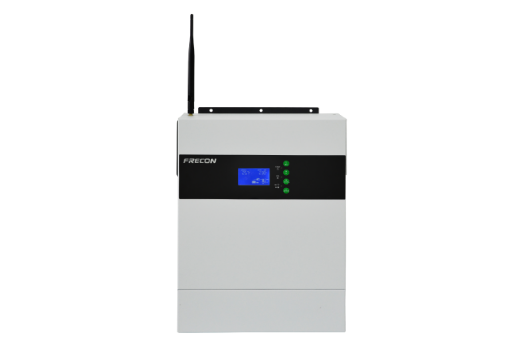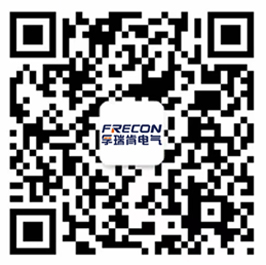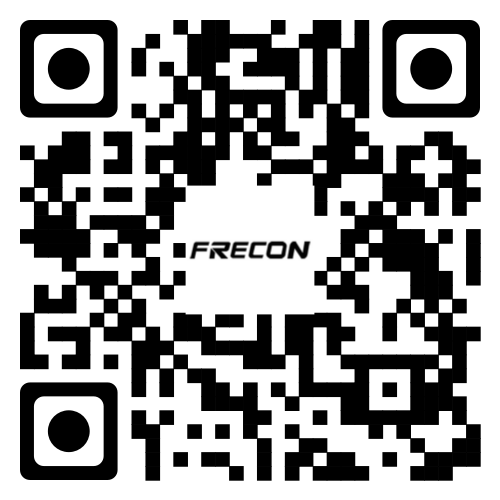Using a grid tie inverter in off-grid applications raises important questions for homeowners and businesses looking to harness solar energy. Understanding the capabilities and limitations of these systems is crucial for anyone considering an off-grid solar inverter setup.

Essential Insights on Grid Tie Inverters
Grid tie inverters are designed primarily for connecting solar panels to the electrical grid. They convert direct current (DC) from solar panels into alternating current (AC) used by home appliances. However, their primary function relies on the presence of the grid. When considering an off-grid application, the question arises: can these inverters function without a direct connection to the grid? One major limitation of a traditional grid tie inverter is that it typically cannot operate without grid power. When the grid goes down, these inverters automatically shut off to prevent backfeeding electricity, which can be dangerous for utility workers. This inherent characteristic makes them unsuitable for pure off-grid scenarios where reliable electricity generation is necessary without dependency on the grid.
Off Grid Solar Inverter Solutions
In contrast, an off grid solar inverter is specifically designed to operate independently from the grid. These systems can charge batteries using solar energy, providing power even when sunlight is limited. Unlike grid tie inverters, off grid solar inverters allow for energy storage, ensuring a continuous power supply during outages or at night. For those considering an off-grid lifestyle, investing in a dedicated off grid solar inverter is essential.
Benefits of Hybrid Systems
Some consumers may consider using a hybrid system that combines the features of grid tie and off grid inverters. This allows for flexibility, enabling users to utilize solar energy while still having the option to connect to the grid. A grid off inverter can be programmed to prioritize solar energy use, thereby reducing electricity bills by maximizing solar energy utilization. Such systems can include built-in features like MPPT (Maximum Power Point Tracking) controllers, which enhance energy efficiency by addressing issues such as cloudy weather and voltage fluctuations.
Conclusion
In conclusion, while grid tie inverters are not suitable for off-grid applications due to their dependency on the electrical grid, off grid solar inverters offer a reliable solution. The SP520 Series off grid solar inverter from FRECON allows users to choose their charging sources, whether from solar energy or the AC grid, optimizing energy use and reducing costs. With built-in MPPT technology, the SP520 grid off inverter effectively enhances energy harvest even in less than ideal conditions, making it a practical choice for off-grid energy solutions.





